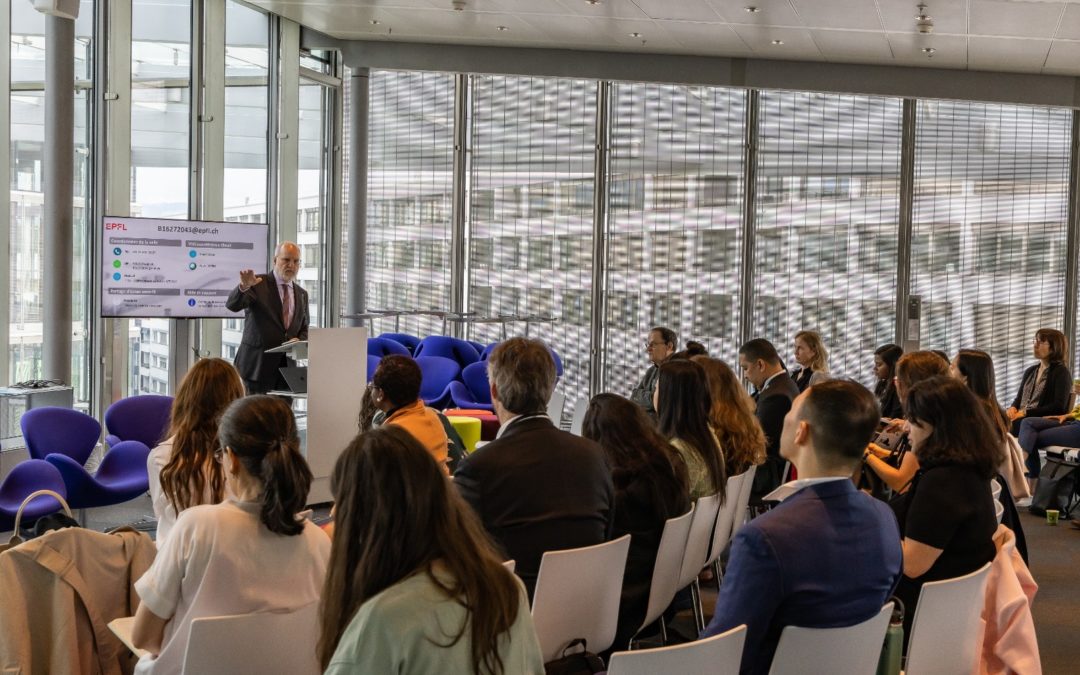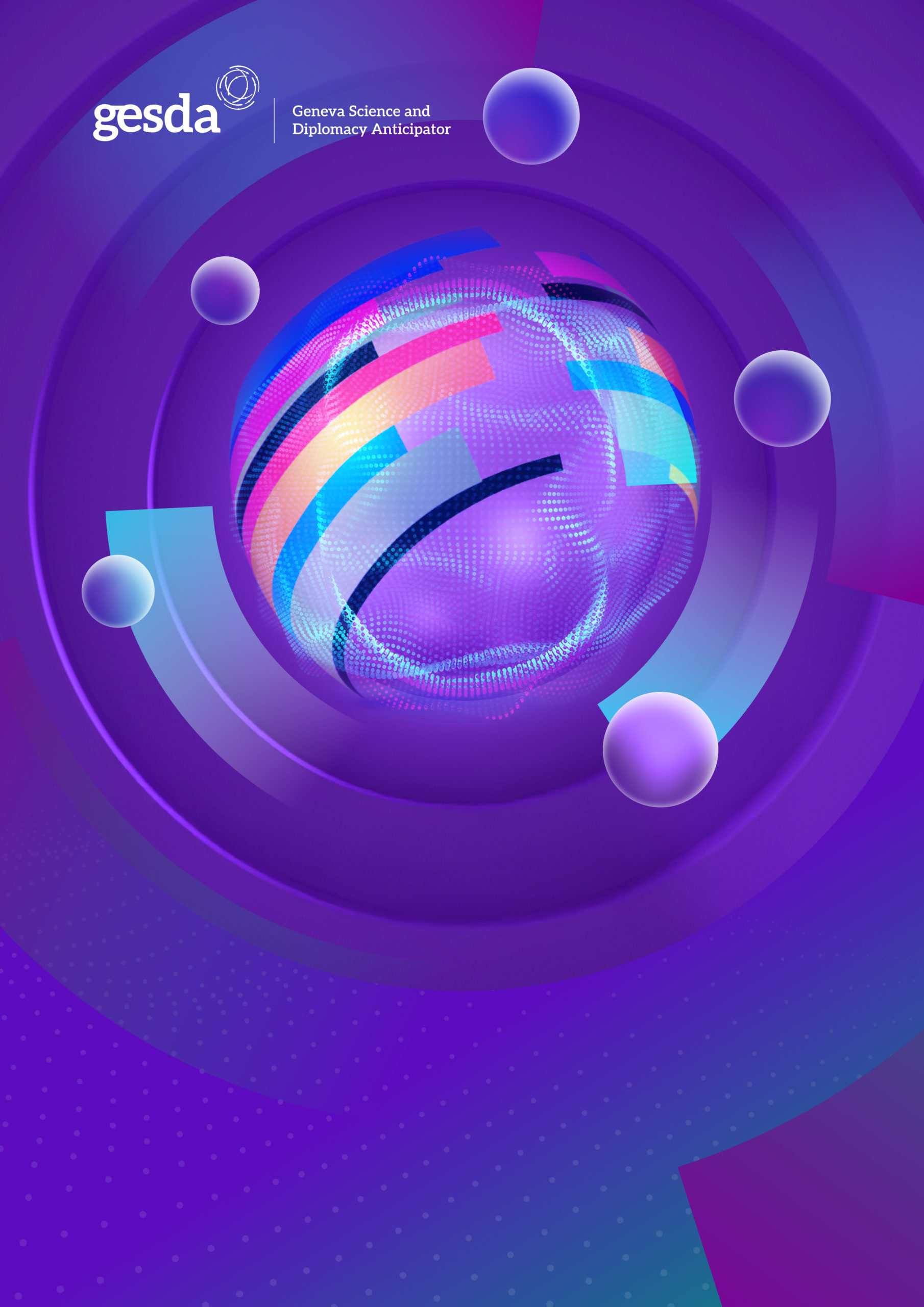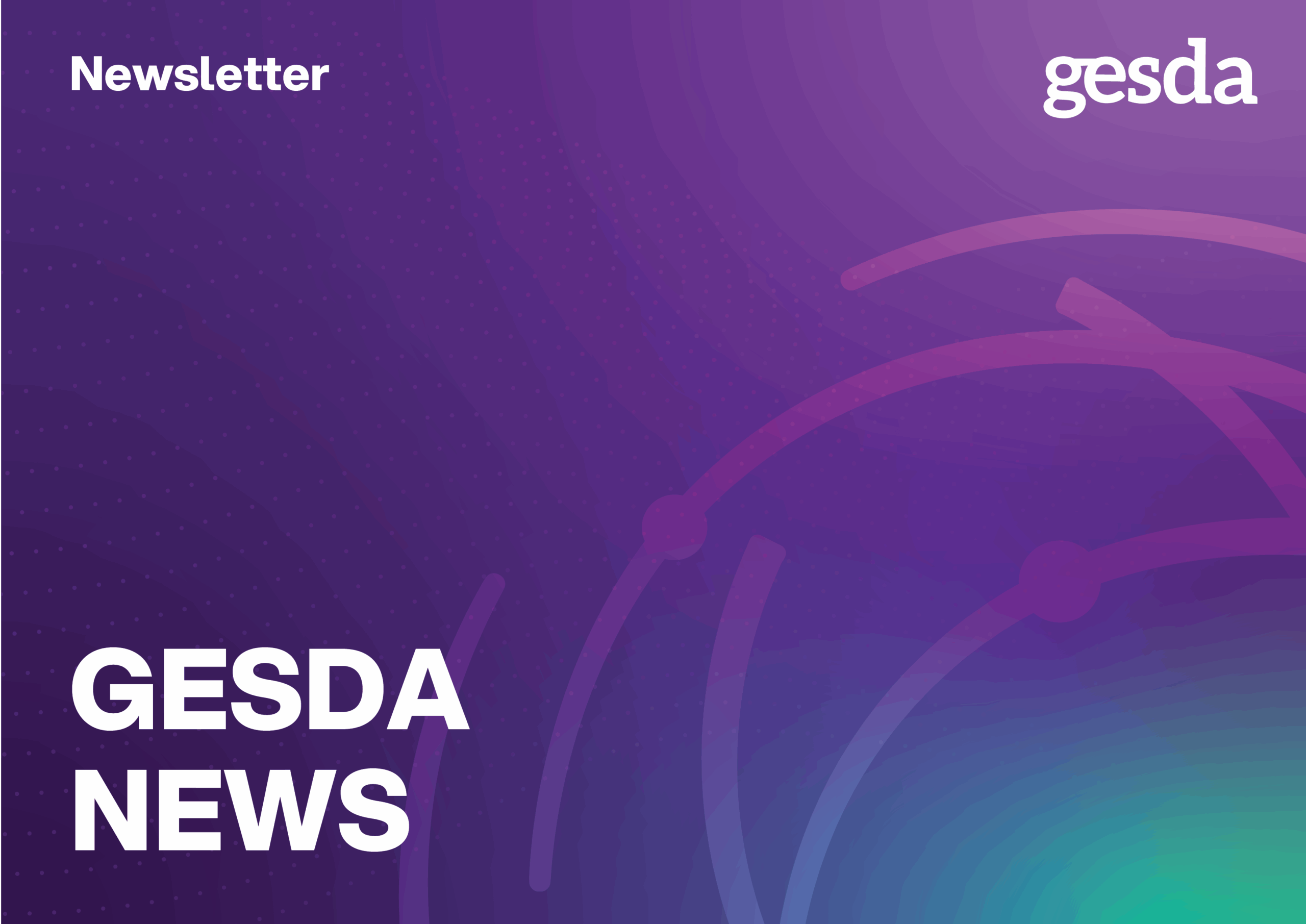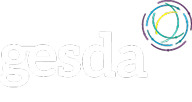Photo by Michael Chiribau, UNITAR Division for Multilateral Diplomacy
Greetings and welcome to a brief news update on the fifth and last day of Geneva Science Diplomacy Week 2023. Friday’s sessions began with some lessons in science diplomacy from Ambassador Alexandre Fasel, the Swiss Special Representative for Science Diplomacy and Chair of GESDA’s Diplomacy Forum. As he did at last year’s wrapup, Amb. Fasel reflected on the learnings from his career as a diplomat that are now applicable to the field of science and diplomacy. His previous posts incude Head of the Permanent Mission of Switzerland to the United Nations Office and other international organizations in Geneva between 2013 and 2016 and Ambassador of Switzerland to the United Kingdom from 2017 to 2021.
Here are his 12 insights:
1. Take courage, small things matter, quantum leaps are made in increments.
2. Don’t confuse urgency with speed, politics determines urgency.
3. Make a stand, take action.
4. Know your file (know your stuff).
5. Multilateralism is defined by the individual.
6. When benevolence is gone, only calculation remains, and then you know you are in a bad space.
7. It’s all about relationships.
8. Empathy.
9. Shared experience is the space for convergence, which then leads to shared action.
10. Cynicism is the ultimate betrayal. Time to leave when you have become a cynic.
11. Multilateral events are opportunities to benefit from other individuals’ brilliance and intelligence. As an individual you could be that as well, a small cog maybe, but a cog no less.
12. The reward is now.
The next session, led by GESDA Senior Advisor Gérard Escher, examined efforts to revive the human right to benefit from scientific progress and its applications with the participation of Konstantinos Tararas from UNESCO’s Inclusion, Rights and Intercultural Dialogue Section and Mylène Bidault Abdulle, Human Rights Officer at OHCHR. Participants were asked to build and share use-cases, identify neglected areas, and share thoughts and concerns on how to make the human right to science operational, including questions of scientific freedom, scientific sanctions, access to vaccines, or dual-use technologies.
A simulation card game organized by UNITAR teased out the inherent tensions and competing interests between individual, group, national and global interests that could contribute to or hinder the UN’s 17 Sustainable Development Goals for 2030. “It’s how we want to tie together everything we learned this week,” GESDA’s Head of Science Diplomacy Capacity Building Marga Gual Soler said of the simulation game.
Participants spent intervals of time making tradeoffs with world-changing consequences among three main categories: Economy, Environment and Society. “Money for time?” one person asked. “Time for money?” asked another. After the first round, participants could see the results of their actions on a fictional ‘World Condition Meter.’ It wasn’t great.
The economy prospered, but the environment was in crisis, with factories dirtying the air and carbon emissions still far too high. Society also was in serious discord, with the impacts of the pandemic still felt, accompanied by rich vs. poor inequities and crises in education, gender issues, crime and terrorism.
After another round of somewhat ruthless trading with the goal of living in “a balanced and thriving world,” the 2030 World News report brought some improvement. The economy was prosperous, with the profits reinvested into environmental projects, research, and innovation that led to improvements in the planet and people’s health. Society also improved with greater freedom of speech, better water and sanitation, and decent work and education. Yet the prosperity failed to lift all boats; some still were left behind.
The main insights, in hindsight, are that people tend to negotiate bilaterally or with those they know best or share a common language or culture. Alice Richard, UNITAR’s facilitator, ended with some messages to consider: “Everything in the world is interconnected and I, too, can be a starting point.” “In the real world, the cards are blank … you can decide.” “What are your goals? What projects do you want to create/support?”
The program concluded where it started: at the World Meteorological Organization, were participants had a discussion with WMO’s Oksana Tarasova, a Senior Scientific Officer in the Infrastructure Department, about the opportunities and challenges of implementing a new WMO Global Greenhouse Gas Watch (G3W) infrastructure system that will allow countries to monitor and share greenhouse gas emissions in real time to support commitments to the 2015 Paris Agreement.
The group wrapped up the week by sharing their feedback on the entire experience, lessons and suggestions for the next cohort. They relayed to each other the sense of respect and admiration the week has created and discussed ways to contribute to GESDA’s work ahead. Expectations were exceeded, and they all agreed the group was impressive, diverse and special. Everyone wanted more talk, more time together, and are looking forward to staying connected through the Geneva Science Diplomacy Week alumni network.
“It’s not just the power of knowledge or opportunities. It’s also the power of common knowledge,” said Ambassador Sabina Stadler, a veteran diplomat who serves as chief strategist for Slovenia’s foreign ministry and formerly was her country’s UN Permanent Representative in Geneva.
“It’s also good that the group is so mixed. It’s this feeling like we are contributing to something really new,” she added. Fantastic week, fantastic organization.”
Which was a natural segue into the sharing of lessons learned and suggestions on how to scale up Geneva Science Diplomacy Week – and ways to measure the effectiveness of science diplomacy in achieving multilateral pursuits – during a final session led by GESDA’s Executive Director Solution Accelerator and Deputy CEO Daria Robinson and Christian Simm, a senior advisor to the president of the University of Zurich.
Doing so would fulfill a solution idea of creating a Global Curriculum for Science and Diplomacy, with a globally recognised and accepted curriculum developed with global partners. “We need to certify training in science and diplomacy for effective multilateralism,” Robinson said. “The tip of the program is you guys – the ambassadors.”
And the week closed with the quintessential Swiss tradition: a farewell fondue dinner aboard a boat cruise on Lac Léman.



